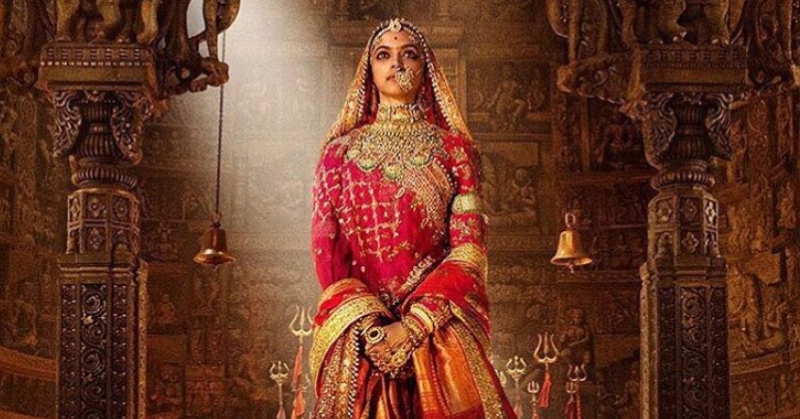
Sanjay Leela Bhansali is one of the popular directors of the Indian film fraternity. Especially known for his lavish sets and long drawn sagas. While I am stating facts, let me state another one, I am not a fan of his work. The last Bhansali movie that I genuinely sat and watched with all my attention was without a doubt, Black. Even Ranbir Kapoor in a towel didn’t inspire me to sit through Saawariya. Ramleela had me laughing at the somewhat poorly Indianised imitation of Romeo-Juliet, and I waited for long enough to watch Bajirao Mastani on TV, only in bits and pieces.
All this now brings me to Padmavati, oops, I mean Padmaavat. The movie that has become a national conern. Ever since the attack on the director during the shoot of the movie, the delay in it’s release, the ban on it’s screening in a lot of states, the abuses and threats thrown out like your everyday ‘oh, how are you?’ at the actors, we’ve all been debating about it. Thanks to all these debates, and a special thanks to Karni Sena, I cannot wait to watch the movie in theatres this January 25th.
A quick Google search shows me that the movie is 2 hours 44 minutes long. So that is me, a non-Bhansali fan, voluntarily giving up approximately 3 hours of my life to watch his movie (which will most likely be as painful as his other films) because I stand for the freedom of expression and speech that does not harm. While I might respect a group of people who seem offended by certain aspects of the film, I can’t accept their efforts to put a clamp on what I can watch or not watch. A clamp on what a filmmaker, a writer, an artist, or a poet can create and what they cannot. They are most welcome to not watch the film. More than anything else, I cannot respect or even entertain a group of people that decides it is okay to threaten the lead actress, wreak damage to property, and incite violence. Deepika Padukone was threatened with physical harm for portraying Rani Padmini and dancing in the movie because in no way could a Queen ever have danced in front of others. The whole argument of a filmmaker being able to have creative liberty comes into play here. In this context, we aren’t even certain if there’s any historical evidence of her existence.
Anyway, in no way is history bereft of interpretations. History is often told from the winner’s perspective. So what is wrong when Bhansali takes some creative liberty? I am focussing on it being his creative liberty because I will not go watch Padmaavat as a history lesson. If we started taking history or culture lessons from programmes on TV or the movies, I can’t imagine what we would think of Shiva, Ganesh, Porus and all the various gods, kings and queens that seem to come endlessly on channels and at theatres. I will watch Padmaavat as cinema and a mode of entertainment; the way it was always meant to be.
In good news, the Supreme Court judgement states the movie should not be banned in any State, once it has been passed by the Central Board of Film Certification. SC has said that it is the duty of the State to maintain law and order now. Meanwhile, Karni Sena chief Lokendra Kalvi has asked the public to “impose a curfew in cinemas” and BJP leader Suraj Pal Amu has proclaimed that India will be “torn apart” if the movie releases.
Hundreds of years of The British rule, the freedom struggle, partition, 26/11 and every other gut-wrenching events that India has been through and emerged stronger – but we happily get “torn apart” over a movie.
In my life I haven’t had many chances to stand up for something. But, today I stand strong with the cast and crew of the movie, because they deserve it. To everyone fuming over the movie, here is a little idea, why not create a movie on your side of the truth? That’s one movie battle I would definitely not miss and it’s any day better than chopping someone’s nose off!
Read More From Bollywood
Astrologer Predicts Divorce for Aishwarya-Abhishek & Sonakshi-Zaheer, But Is It Really Necessary?
Isha Jain
Not Laapataa Ladies! This Hindi Film Surprised Everyone By Making It To The Oscars Shortlist
Isha Jain